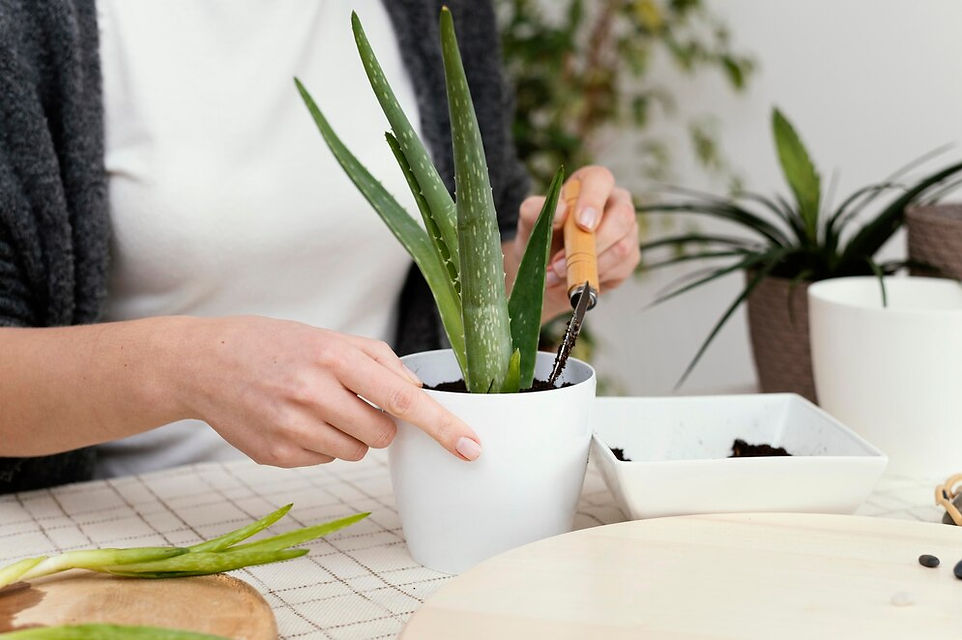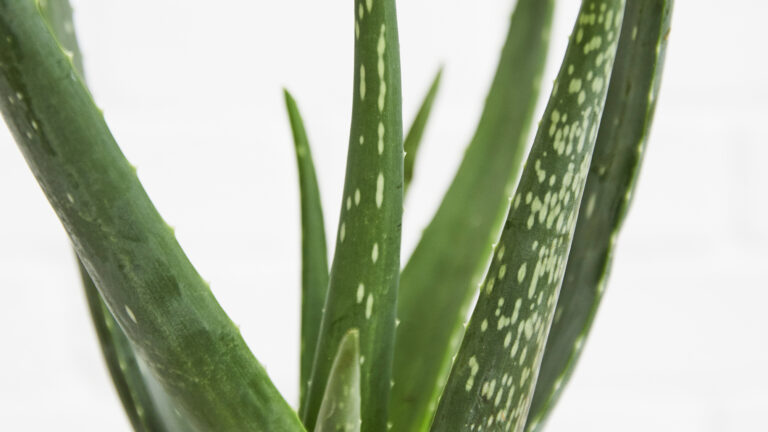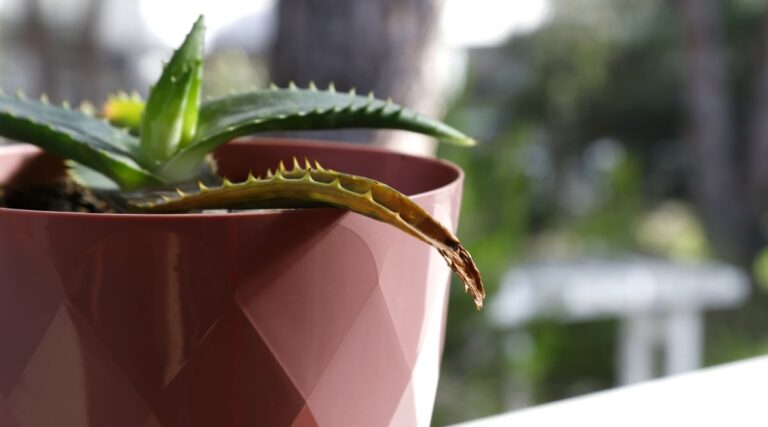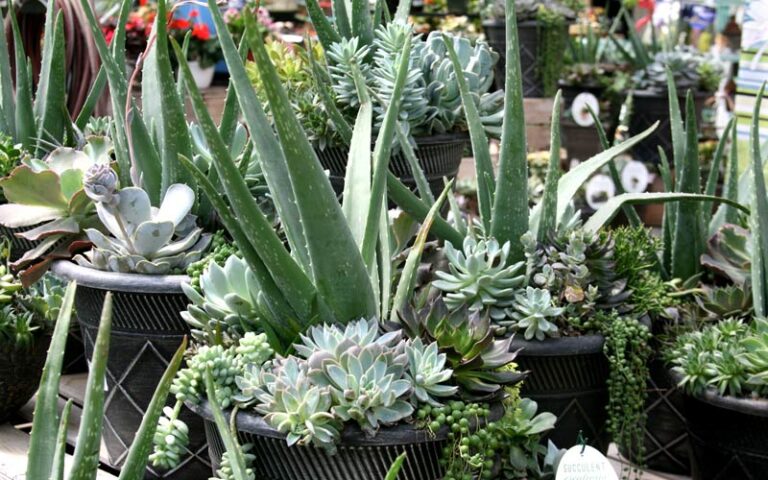Aloe Vera Plant Safety for Cats
Understanding Aloe Vera Toxicity
Aloe vera is a common household plant known for its medicinal properties. However, it contains toxic substances, primarily anthraquinones found in the latex of the plant, which can cause severe gastrointestinal distress in cats if ingested in sufficient quantities. These substances include anthracene, glycosides, and anthraquinones, which can lead to symptoms such as vomiting, diarrhea, and abdominal pain (Plantology USA, WagWalking).
Side Effects of Ingesting Aloe Vera
The side effects of ingesting aloe vera can vary, but common symptoms of toxicity in cats include digestive issues such as vomiting and loss of appetite. More severe symptoms can include weight loss, allergic reactions like skin irritations, itching, and difficulty breathing.
Aloe vera leaves are generally safe for humans, with the gel responsible for most health benefits. However, the latex found inside the leaf has powerful laxative properties and should be consumed in moderation to avoid serious and potentially fatal side effects.
Symptoms of Aloe Vera Poisoning in Cats
If your cat ingests aloe, it is crucial to contact a veterinarian immediately. Symptoms of true aloe poisoning in cats are generally mild unless a large amount of the plant is consumed. Key symptoms include:
- Vomiting
- Diarrhea
- Abdominal cramping
- Loss of appetite
- Lethargy
According to Plantology USA and WagWalking, immediate veterinary attention is crucial if a cat shows signs of aloe poisoning. Avoid inducing vomiting unless instructed by a professional.
For more comprehensive information on caring for plants and ensuring their safety around pets, you can explore related topics such as aloe vera plant care, aloe vera plant types, and aloe vera plant propagation.
Using Aloe Vera Safely
Aloe Vera Benefits for Cats
Though the aloe vera plant is known for its potential toxicity, it also offers several benefits when used correctly. Aloe vera possesses natural anti-inflammatory and antibacterial properties, making it useful for addressing skin issues such as allergies and infections in cats. Moreover, the mucopolysaccharides in aloe vera help bind moisture into the skin, alleviating dry or irritated skin.
| Benefit | Description |
|---|---|
| Skin Moisture | Aloe vera’s mucopolysaccharides bind moisture, aiding dry or irritated skin |
| Anti-Inflammatory | Reduces inflammation and treats skin allergies |
| Antibacterial | Combat bacterial skin infections |
| Digestive Health | Aloe vera’s natural fibers aid digestion |
| Immune System Boost | Polysaccharides like acemannan enhance immune function |
Incorporating aloe vera into a cat’s diet can result in a shinier coat, better digestion, and a stronger immune system (Pharm-Aloe). It is essential to consult a veterinarian to determine the appropriate dosage and form of aloe vera for your feline.
Precautions for Aloe Vera Consumption
While aloe vera has its benefits, precautions are necessary to avoid potential aloe vera plant poisoning. Symptoms of aloe vera toxicity in cats include vomiting, diarrhea, lethargy, and possibly more severe reactions if large amounts are ingested. If you suspect aloe poisoning, seek immediate veterinary care.
| Symptom | Description |
|---|---|
| Vomiting | Common sign of aloe ingestion |
| Diarrhea | Gastrointestinal upset |
| Lethargy | Lack of energy or fatigue |
| Severe Reactions | Possible if large amounts ingested |
To prevent accidental ingestion, keep aloe vera plants out of your cat’s reach. Alternatively, consider pet-safe alternatives for home gardening. If using commercial aloe vera products, ensure they are free from harmful additives and consult your vet about their safety and appropriate usage for your cat.
For further guidance on aloe vera plant care, including issues like aloe vera plant drooping or aloe vera plant root rot, explore our detailed guides. By taking these precautions, you can safely incorporate aloe vera into your cat’s wellness routine without risking their health.
Treatment for Aloe Vera Poisoning
Veterinary Care for Aloe Vera Toxicity
If your cat ingests aloe vera, it is crucial to seek veterinary care immediately due to the plant’s toxic properties. The plant contains anthraquinone glycosides which can cause symptoms such as vomiting, diarrhea, and other digestive issues (Pet Poison Helpline). Cats may also experience depression, anorexia, changes in urine color, and even tremors in severe cases.
Initial Steps:
- Contact Your Veterinarian: If your cat shows signs of aloe poisoning, contact your veterinarian right away. Do not induce vomiting unless instructed by a professional.
- Immediate Care: Veterinary professionals will typically begin by assessing the severity of the poisoning. They may perform a physical examination and run blood tests to evaluate your cat’s condition.
Common Treatments:
- Activated Charcoal: This may be administered to absorb toxins in the gut.
- IV Fluids: Intravenous fluids help manage dehydration and flush out toxins from the cat’s system.
- Monitoring: Continuous monitoring of vitals and symptomatic care, including medications to control vomiting and diarrhea.
Recovery Process for Cats
The recovery process from aloe vera poisoning in cats involves supportive care and close observation. Recovery time can vary depending on the amount of aloe ingested and the cat’s overall health.
Steps in the Recovery Process:
- Symptomatic Treatment: Vets may provide medications to alleviate symptoms such as vomiting, diarrhea, and any signs of allergic reactions like skin irritations and itching.
- Nutritional Support: Ensuring proper nutrition is key. Cats may require a bland diet and gradual reintroduction to their regular food to avoid stomach upset.
- Monitoring: Regular follow-ups with the veterinarian to monitor progress and ensure no long-term effects are present.
| Symptom | Treatment |
|---|---|
| Vomiting | Anti-emetics |
| Diarrhea | Hydration therapy |
| Depression/Anorexia | Appetite stimulants |
| Tremors | Muscle relaxants |
For more information on taking care of plants and ensuring their safety around pets, check our guide on aloe vera plant care and how to handle aloe vera plant poisonous issues efficiently. Additionally, for other pet-safe plant care tips, explore our articles on aloe vera plant look alike and aloe vera plant turning yellow.
Alternatives to Aloe Vera for Cats
When considering safe skincare and health remedies for your feline friend, it’s important to look for alternatives to the aloe vera plant due to its potential toxicity. This section discusses safe natural remedies and pet-friendly skincare options.
Safe Natural Remedies
It is vital to prioritize natural remedies that benefit your cat’s health without posing any risk of toxicity.
- Chamomile:
- Mild sedative properties.
- Can be used to soothe skin irritations.
- Safe for consumption in small amounts.
- Calendula:
- Promotes healing of minor cuts and abrasions.
- Antimicrobial and anti-inflammatory.
- Coconut Oil:
- Moisturizes dry skin.
- Possesses antimicrobial properties.
- Can be mixed into food to aid digestion.
| Remedy | Benefits | Usage |
|---|---|---|
| Chamomile | Skin soothing | Topical applications |
| Calendula | Healing minor wounds | Topical applications |
| Coconut Oil | Moisturizing, Digestive | Topical and oral |
Pet-Friendly Skincare Options
Using pet-friendly skincare products is essential for maintaining your cat’s skin and coat health without exposure to harmful substances.
- Oatmeal Baths:
- Relieves itching and irritation.
- Natural and soothing for the skin.
- Fish Oil Supplements:
- Rich in omega-3 fatty acids.
- Promotes healthy skin and shiny coat.
- Aloe Vera Alternatives:
- Products specifically formulated for pets often use safe alternatives to aloe vera.
- Look for gels or creams labeled for cat use.
- Pet-Safe Shampoos:
- Hypoallergenic formulations.
- Contain natural ingredients like oatmeal and shea butter.
To learn more about safe practices in gardening and caring for your aloe vera plants, including potential side effects on pets, check out our pages on aloe vera plant care and aloe vera plant potting soil. If you’re dealing with specific issues like aloe vera plant turning yellow, we have resources to help you keep your plants healthy while ensuring they are safe for all members of your household.




